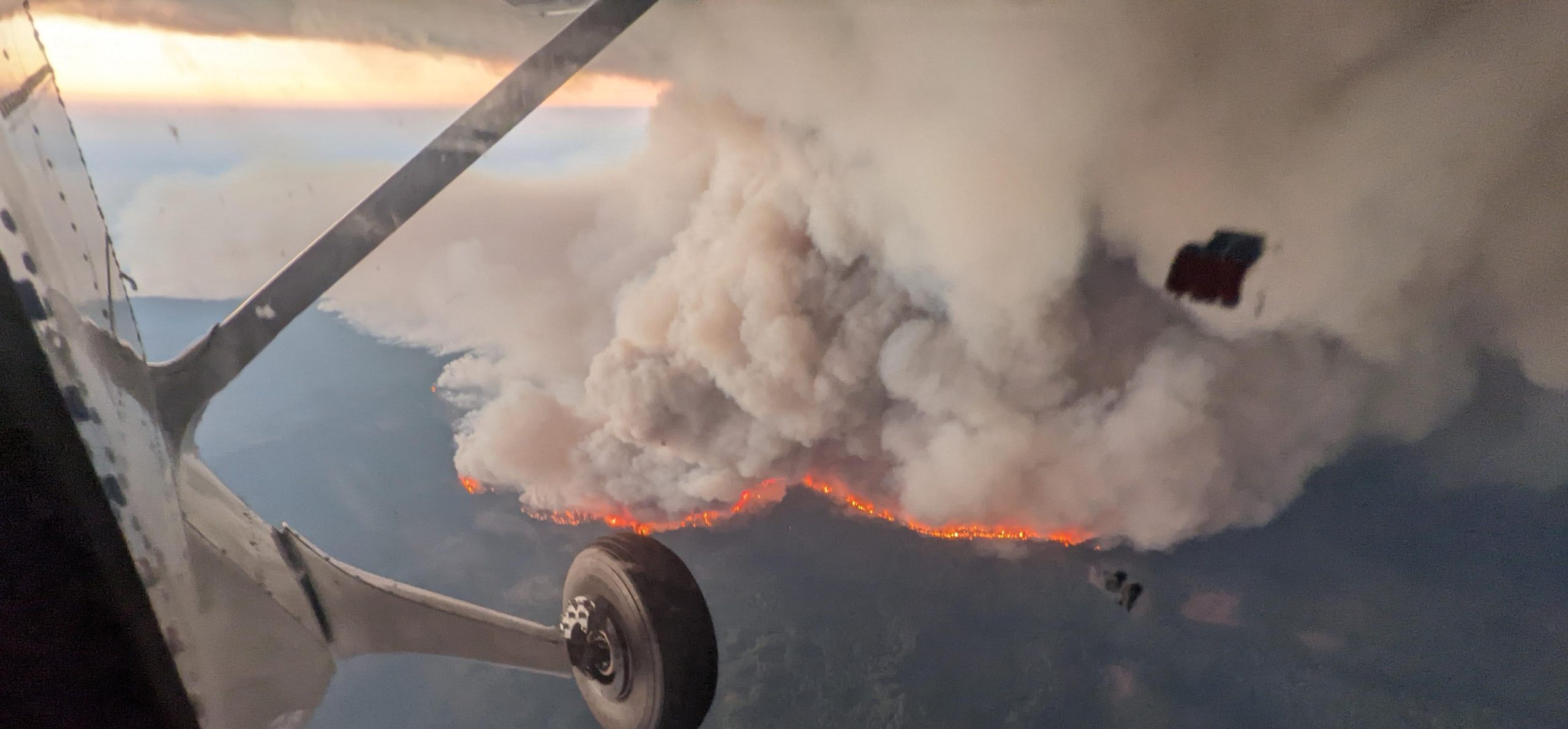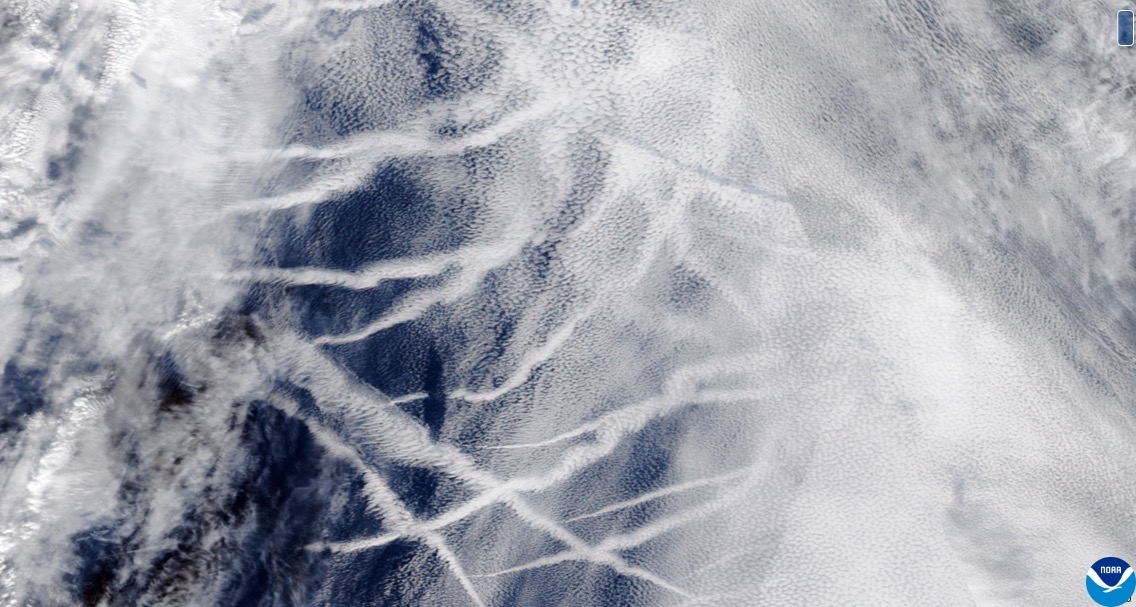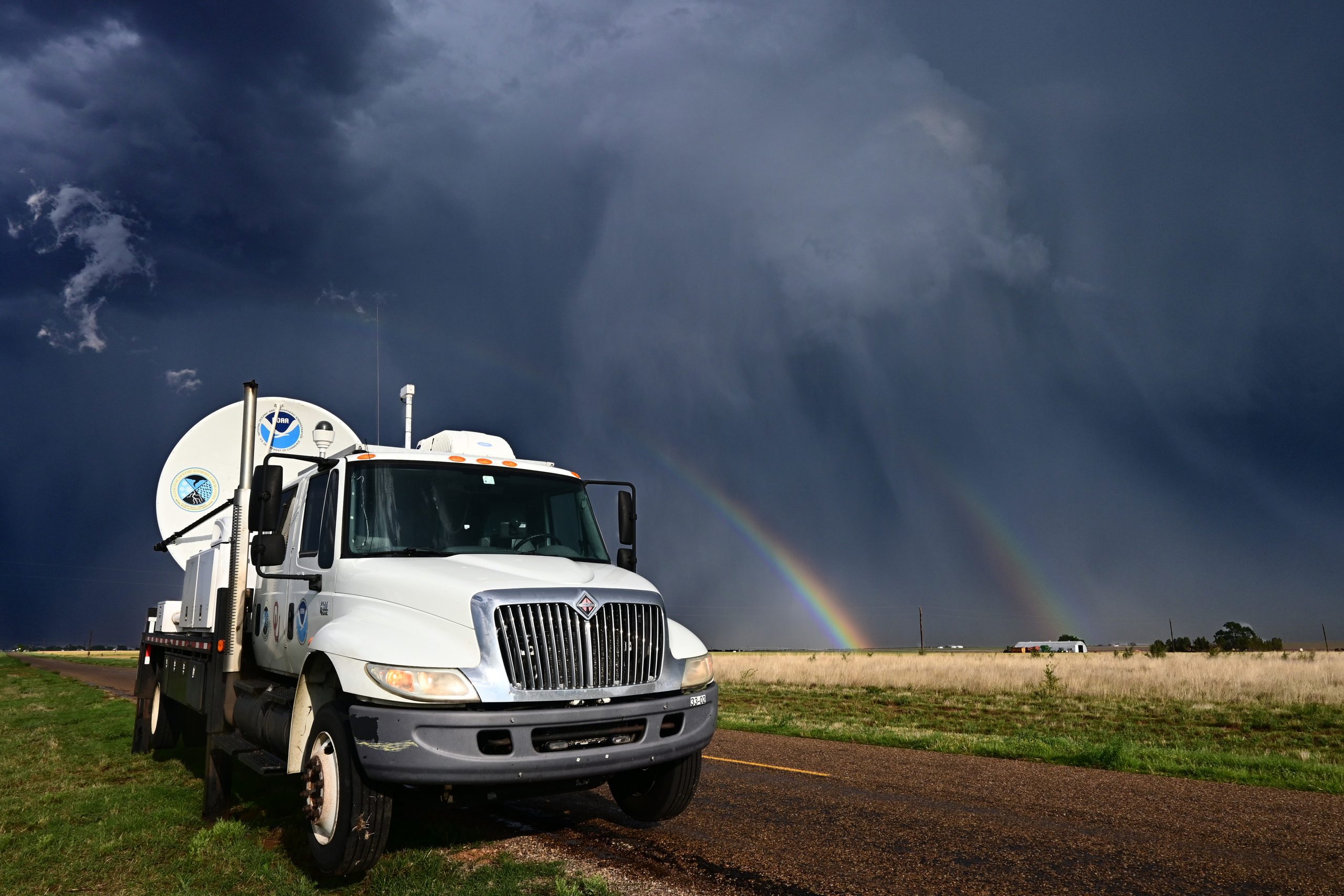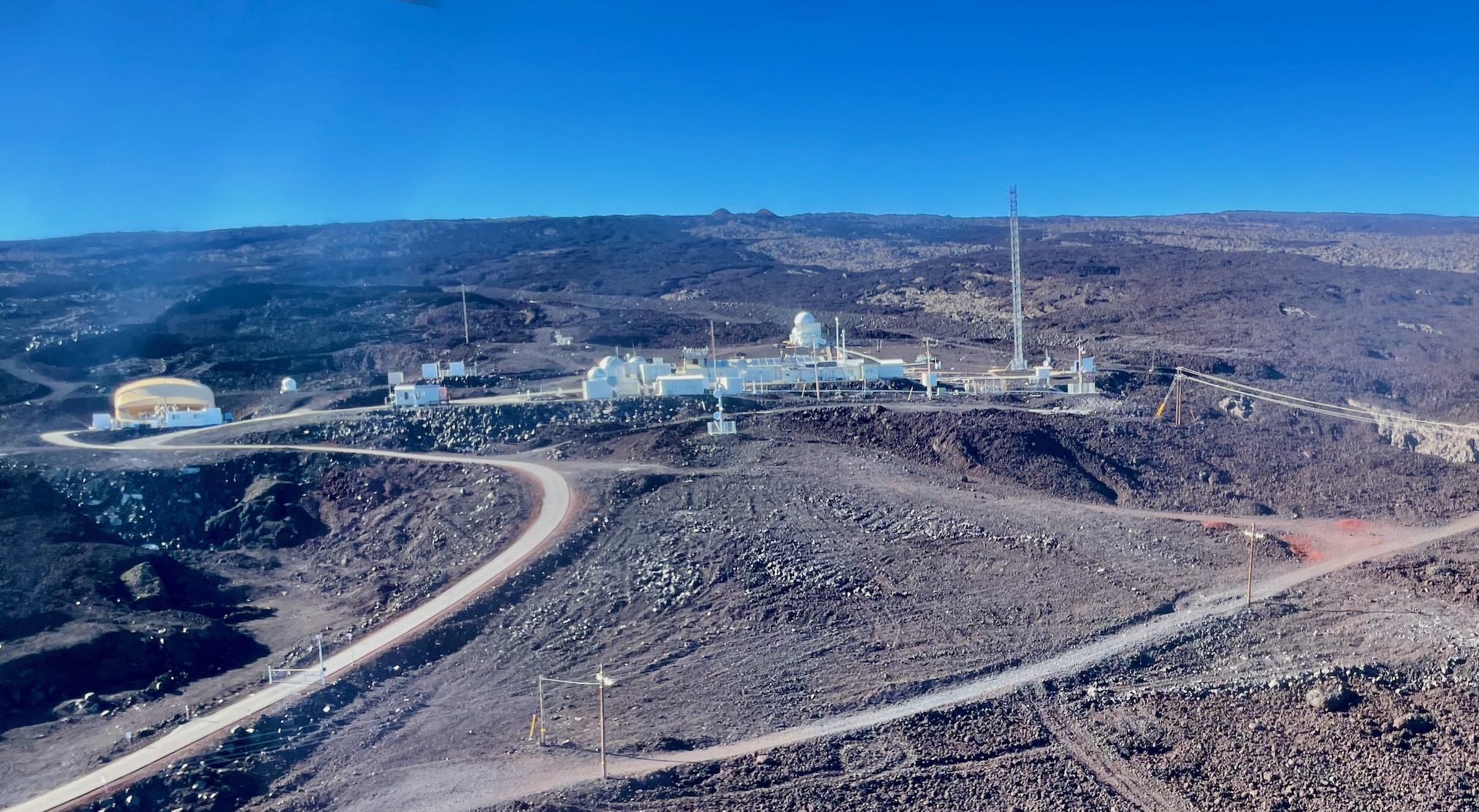Corals damaged in 2002 when a boat ran aground in the Florida Keys National Marine Sanctuary are now thriving following a restoration and near decade-long monitoring effort, according to a new NOAA report released today. With hundreds of groundings happening each year in the sanctuary, lessons learned from this coral reef restoration and monitoring will guide future restoration efforts.
Scroll to Top
Popup Call to Action
A prompt with more information on your call to action.



